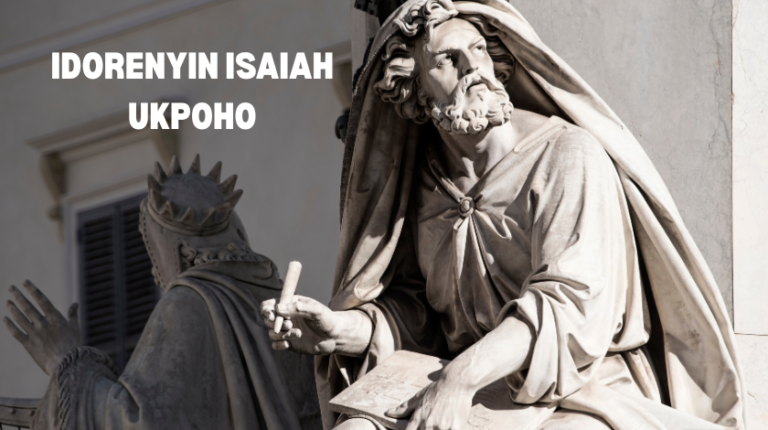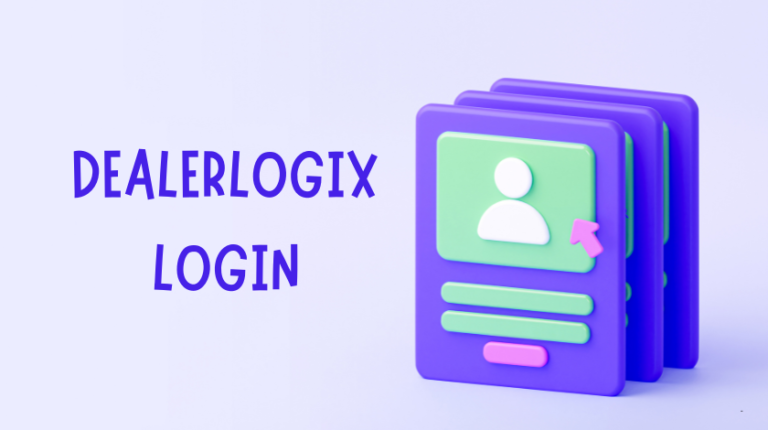
If you’ve been on TikTok or Instagram in the past few years, chances are you’ve come across the name Mikayla Campinos. She’s a Canadian teen influencer who built a following through her relatable videos, style, and strong presence on social media. But alongside her rise, searches for “Mikayla Campinos leaks” have popped up online.
At first glance, this might just look like another celebrity gossip topic. But the truth is deeper, more troubling, and much more important to talk about. What people call “leaks” often involve private or intimate content shared without consent. And when the person in question is underage, it crosses into extremely harmful and illegal territory.
That’s why instead of chasing rumors, we need to look at what these “leaks” really mean, how they spread, and what lessons all of us can take away about online privacy, consent, and digital safety.
Who Is Mikayla Campinos?
Mikayla Campinos is a young social media creator from Canada. She became popular on TikTok, where her mix of lip-syncs, lifestyle content, and candid personality drew in millions of views. Unlike many influencers who lean heavily into curated aesthetics, Mikayla often came across as more down-to-earth.
Her fanbase grew rapidly, especially among teens who found her content relatable. She posted about everyday life, friendships, and trends—things most people her age could connect with. Over time, she also started gaining attention on Instagram, where her following continued to rise.
For many, Mikayla represents what it means to grow up online: building a personal brand, dealing with sudden fame, and navigating the challenges that come with it.
What Do People Mean by “Leaks”?
When people search “Mikayla Campinos leaks,” they’re usually looking for private or intimate content that was never meant for the public eye. In internet slang, “leak” can mean:
-
Photos or videos shared without permission.
-
Fake content (often AI-generated) being spread under someone’s name.
-
Misleading rumors where no real “leak” even exists.
In Mikayla’s case, most of what circulates online falls into the first two categories. Regardless of whether the material is real or fake, the problem remains the same: her name and identity are being tied to things she didn’t consent to.
Why This Is Harmful
1. Privacy Violations
Having private content leaked can feel like the ultimate betrayal. It strips away someone’s control over their own body and image. For a young person like Mikayla, the damage can be even worse because she’s still figuring out her identity and place in the world.
2. Emotional Impact
Leaks can trigger anxiety, depression, and loss of trust. Even rumors alone can leave someone feeling constantly watched, judged, or unsafe online.
3. Legal and Ethical Concerns
If leaked material involves minors, it isn’t just gossip—it’s a serious crime. Sharing such content is illegal and carries heavy consequences. Even consuming it crosses dangerous lines.
4. Reputation Damage
The internet has a long memory. A person’s name can become permanently tied to “leaks” in search results, no matter how false or unauthorized the material is. That can affect careers, friendships, and mental well-being for years.
The Bigger Picture: Digital Risks We All Face
Mikayla’s situation isn’t unique. Almost anyone with a phone and internet connection faces similar risks:
-
Private messages getting screenshotted and shared.
-
Cloud storage hacks exposing personal photos.
-
Deepfakes being used to create fake intimate content.
-
Harassment campaigns targeting people after breakups or disagreements.
Even if you’re not an influencer, your online footprint can be exploited. Think about how many personal details you’ve already shared on apps, school networks, or group chats.
Why Do People Spread Leaks?
The uncomfortable truth is that leaked content spreads because people consume it. Curiosity, gossip, and even cruelty fuel the cycle. But each click, share, or download makes the harm worse.
Some reasons people engage:
-
Curiosity about influencers.
-
Desire for scandal or drama.
-
Not understanding the real-world consequences for the person involved.
But once we flip the perspective—imagine if it were our sister, brother, or friend—suddenly it doesn’t feel harmless anymore.
Protecting Yourself From Leaks and Online Risks
Here are some ways anyone can reduce their risk online:
-
Think before sharing: Even private snaps can resurface years later.
-
Use secure passwords: Protect your accounts from hacks.
-
Turn on two-factor authentication.
-
Limit cloud backups of sensitive photos.
-
Be careful with trust: Sometimes leaks come from people close to us, not strangers.
-
Report and block when fake or leaked material surfaces.
My Personal Reflection
I remember when a close friend of mine had her private pictures shared by an ex. The betrayal shook her to the core. She wasn’t an influencer, but the experience left scars that changed the way she trusted people and used social media. Watching her go through that helped me realize just how damaging this can be.
That’s why I look at situations like Mikayla’s with empathy. It’s easy for the internet to laugh, gossip, or criticize. But behind the username is a real teenager, dealing with real emotions, carrying the weight of public scrutiny she never asked for.
Conclusion: What We Can Learn
The phrase “Mikayla Campinos leaks” may draw attention online, but behind the headlines and search traffic lies a deeper issue: the erosion of privacy, the risks of digital exposure, and the human cost of non-consensual content. What might seem like harmless curiosity to some can have long-lasting consequences for the person at the center of it.
Mikayla’s experience is a reminder that privacy is not just a personal responsibility but a collective one. Each of us has a role to play in stopping the spread of harmful material by choosing not to click, not to share, and instead to advocate for respect and consent online.
As the digital world continues to evolve, these conversations are more important than ever. Protecting young people, educating ourselves about online risks, and promoting empathy over exploitation are the steps that move us forward. In the end, the lesson here is simple: behind every “leak” is a real person, and they deserve dignity, respect, and protection—just like anyone else.
The story of “Mikayla Campinos leaks” isn’t just about one person. It’s a wake-up call for all of us about:
-
How vulnerable we are online.
-
Why consent and privacy must be respected.
-
The role we play as bystanders—choosing not to click, share, or spread harmful material.
At the end of the day, no amount of curiosity or gossip is worth another person’s pain. If you ever find yourself tempted to search or share leaked content, pause and ask: Would I want this done to me?








